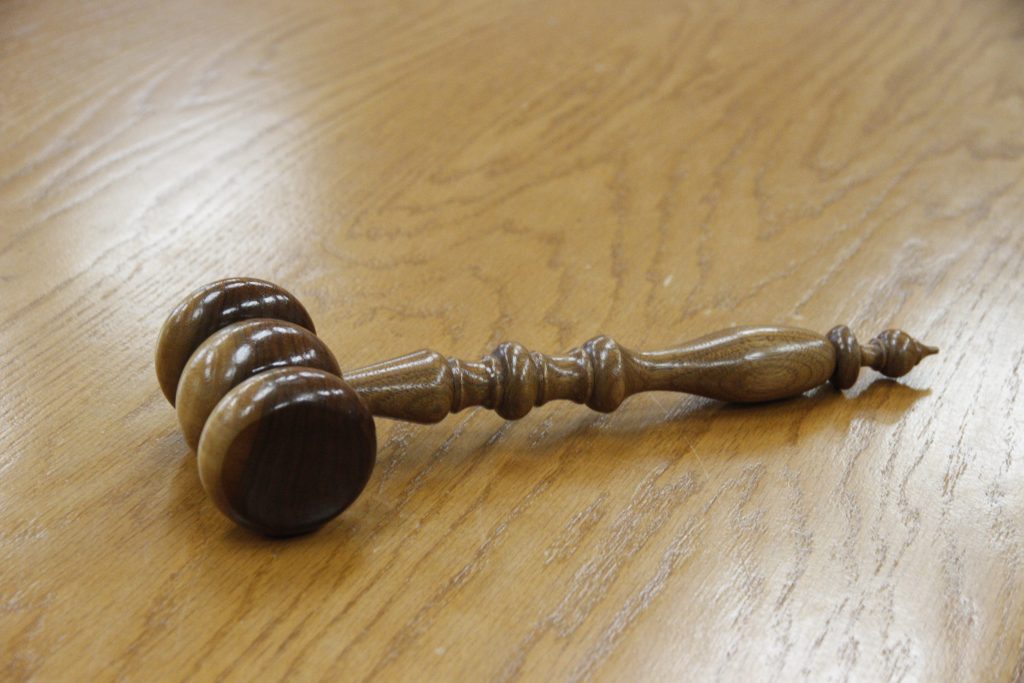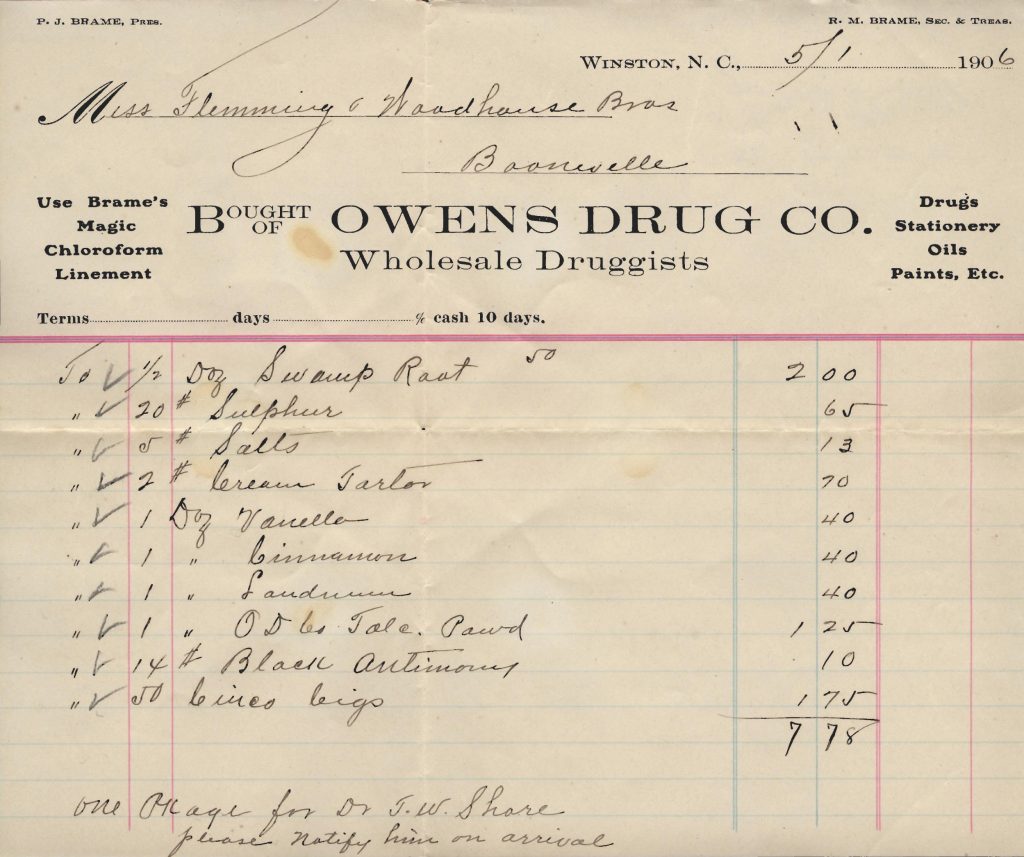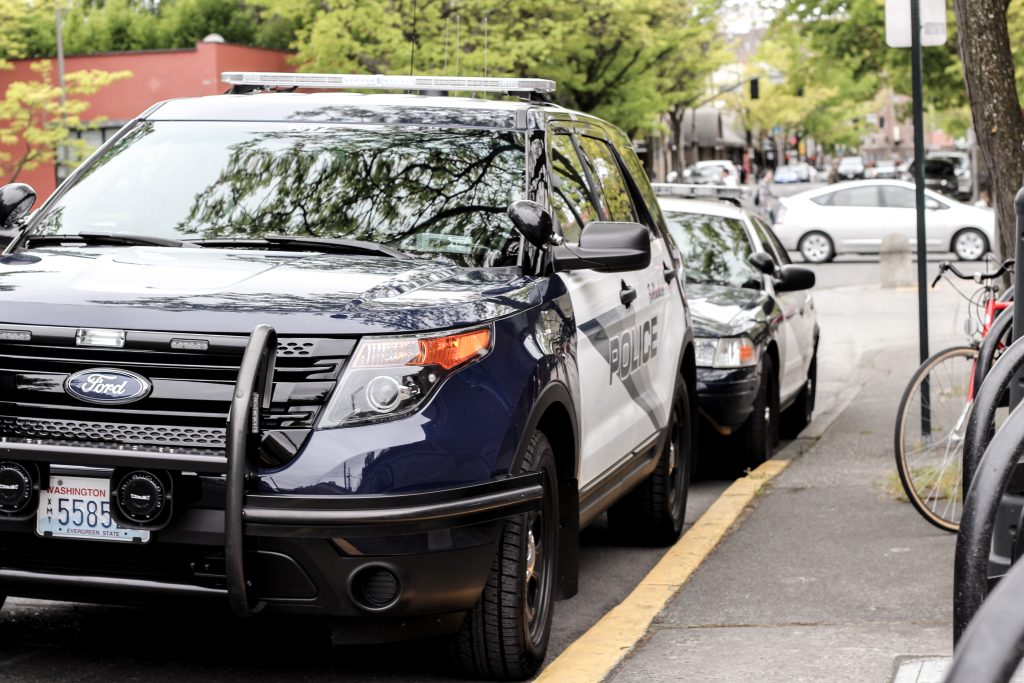 Courts often hear contradicting testimony and must decide who to believe or who is more credible. For example, the following Calcasieu Parish case involves two individuals who were married at the time of the altercation but have since divorced and the importance of providing the most credible testimony.
Courts often hear contradicting testimony and must decide who to believe or who is more credible. For example, the following Calcasieu Parish case involves two individuals who were married at the time of the altercation but have since divorced and the importance of providing the most credible testimony.
Although Mr. and Ms. Cooper agreed there was an altercation in their home, they disagreed with the subsequent facts of this case. Mr. Cooper alleged Ms. Cooper handed him her phone to show him a picture. He then alleged that Ms. Cooper angrily began demanding the return of her phone, and when Mr. Cooper refused, she battered his testicles. Mr. Cooper claimed he sustained permanent damage due to Ms. Cooper’s actions and subsequently filed a lawsuit seeking damages.
Ms. Cooper, on the other hand, alleged that Mr. Cooper took her phone out of her hands with substantial force. She then alleged she pleaded for the return of her phone, but Mr. Cooper refused, and he then put her phone in his pocket. Ms. Cooper claimed she attempted to remove the phone from his pocket and may have unintentionally come into contact with his testicles and penis. However, she alleged she never intentionally grabbed or battered him. At trial, Ms. Cooper moved for an involuntary dismissal of Mr. Cooper’s claim. The 14th Judicial District Court for the Parish of Calcasieu granted Ms. Cooper’s motion and dismissed Mr. Cooper’s claim. This appeal to the Louisiana Third Circuit Court of Appeal follows.
 Louisiana Personal Injury Lawyer Blog
Louisiana Personal Injury Lawyer Blog


 After a lawsuit, a trial is when each side can articulate their case theories. Usually, the culmination of a trial is a judgment that can be appealed. However, there are other occasions where the court can discuss the judgments besides an appeal. An alternative to an appeal is the petition for nullity, which may further examine the case and the court’s decisions. What is a petition for nullity of judgment, and how can it be used to overturn a jury verdict? The following lawsuit, Jefferson Parish, Louisiana, answers this question.
After a lawsuit, a trial is when each side can articulate their case theories. Usually, the culmination of a trial is a judgment that can be appealed. However, there are other occasions where the court can discuss the judgments besides an appeal. An alternative to an appeal is the petition for nullity, which may further examine the case and the court’s decisions. What is a petition for nullity of judgment, and how can it be used to overturn a jury verdict? The following lawsuit, Jefferson Parish, Louisiana, answers this question. Discrimination in the workplace should never be accepted. If you feel that you have been discriminated against for age or disability reasons, the law allows you to seek damages. A lawsuit of that nature is not unlike others; proof and evidence are required to proceed with your claims. The following case out of New Orleans shows why sufficient evidence is required to proceed with a discrimination or hostile workplace claim.
Discrimination in the workplace should never be accepted. If you feel that you have been discriminated against for age or disability reasons, the law allows you to seek damages. A lawsuit of that nature is not unlike others; proof and evidence are required to proceed with your claims. The following case out of New Orleans shows why sufficient evidence is required to proceed with a discrimination or hostile workplace claim.  The legal system is complicated, with many “dos-and don’ts.” Whether or not you can have your case heard in court first requires following the rules guiding the sufficiency of your claim. If your complaint fails to show that you have a right to bring the case against your defendant, your case might be dismissed. But how strictly interpreted is this rule? What does it look like when a cause of action is sufficient to be heard or ripe for dismissal?
The legal system is complicated, with many “dos-and don’ts.” Whether or not you can have your case heard in court first requires following the rules guiding the sufficiency of your claim. If your complaint fails to show that you have a right to bring the case against your defendant, your case might be dismissed. But how strictly interpreted is this rule? What does it look like when a cause of action is sufficient to be heard or ripe for dismissal? Claims involving both state and federal law can be extremely complicated; however, what happens when there are questions surrounding the state law itself? In this situation, the district court may actually abstain from exercising its jurisdiction until the state law concerns have been resolved—the following case involving law enforcement officers in New Orleans discusses these issues.
Claims involving both state and federal law can be extremely complicated; however, what happens when there are questions surrounding the state law itself? In this situation, the district court may actually abstain from exercising its jurisdiction until the state law concerns have been resolved—the following case involving law enforcement officers in New Orleans discusses these issues. There are many ways that someone can be denied workers’ compensation benefits. Sometimes it is determined that the accident giving rise to the injury never occurred, other times the claim is filed too late, and in other cases the capacity in which the worker was hired determines eligibility for benefits. The last scenario is illustrated in a case brought to the New Orleans Office of Workers’ Compensation (“OWC”) in 2016.
There are many ways that someone can be denied workers’ compensation benefits. Sometimes it is determined that the accident giving rise to the injury never occurred, other times the claim is filed too late, and in other cases the capacity in which the worker was hired determines eligibility for benefits. The last scenario is illustrated in a case brought to the New Orleans Office of Workers’ Compensation (“OWC”) in 2016. Workers in the State of Louisiana are protected by laws that prohibit employment-based discrimination. But often, the litigation process is complicated; employees who believe they are victims of discrimination and harassment face a challenging burden of proof in order to recover from their employer.
Workers in the State of Louisiana are protected by laws that prohibit employment-based discrimination. But often, the litigation process is complicated; employees who believe they are victims of discrimination and harassment face a challenging burden of proof in order to recover from their employer. There are multiple federal laws that affect the employer-employee relationship. Two such laws are the
There are multiple federal laws that affect the employer-employee relationship. Two such laws are the Trees can add aesthetic value to your property and provide benefits such as shade in the summer heat and place for birds to nest. However, under certain circumstances, property owners can be held liable for injuries resulting from a fallen tree limb. This is exactly the situation homeowners and the Town of Delhi, Louisiana found themselves in after a tree limb fell on a car, causing severe injuries to a passenger.
Trees can add aesthetic value to your property and provide benefits such as shade in the summer heat and place for birds to nest. However, under certain circumstances, property owners can be held liable for injuries resulting from a fallen tree limb. This is exactly the situation homeowners and the Town of Delhi, Louisiana found themselves in after a tree limb fell on a car, causing severe injuries to a passenger.  In a civil case, you do not have the classic “speedy trial” right. Instead, courts will seek expediency by granting summary judgments when appropriate. The purpose of summary judgment is to avoid frivolous and unnecessary trials, or at a minimum, to simply reduce trial time by dispensing of some claims. A motion for summary judgment may be granted upon a finding that there is “no genuine issue as to material fact and that the mover is entitled to judgment as a matter of law.”
In a civil case, you do not have the classic “speedy trial” right. Instead, courts will seek expediency by granting summary judgments when appropriate. The purpose of summary judgment is to avoid frivolous and unnecessary trials, or at a minimum, to simply reduce trial time by dispensing of some claims. A motion for summary judgment may be granted upon a finding that there is “no genuine issue as to material fact and that the mover is entitled to judgment as a matter of law.”